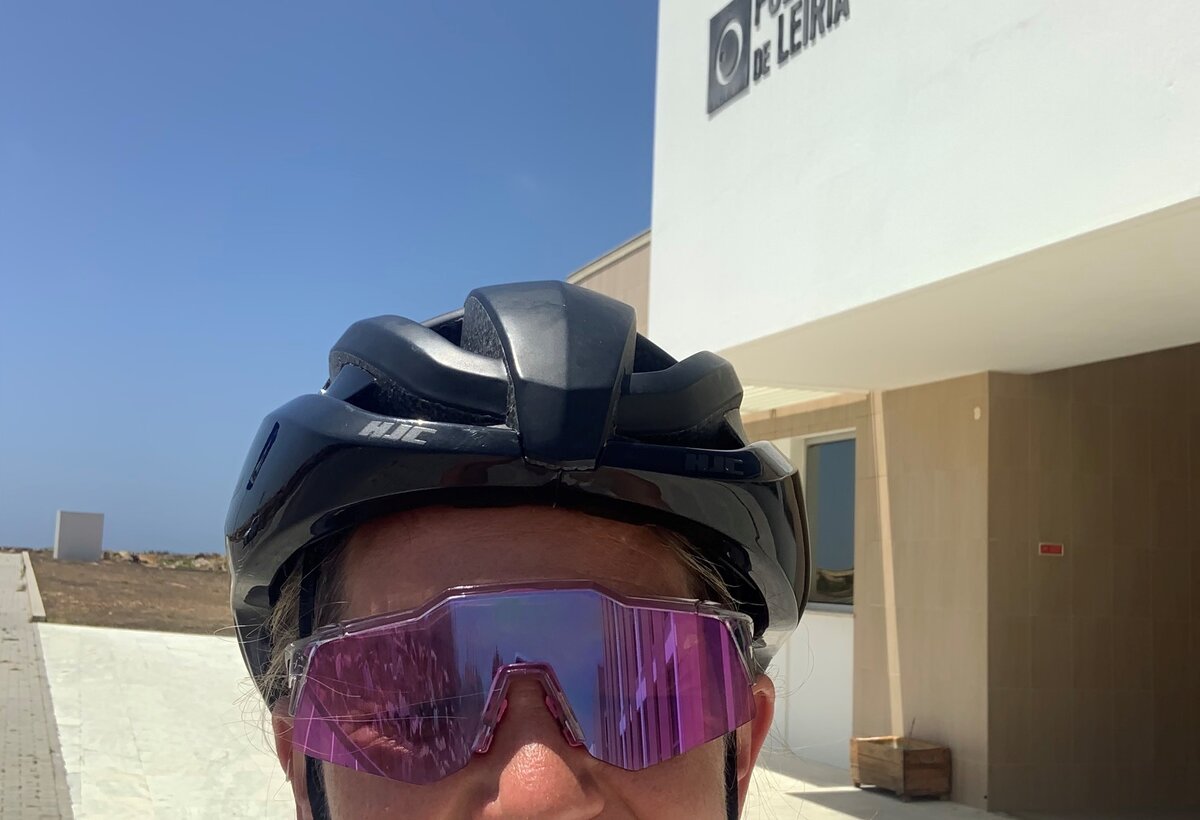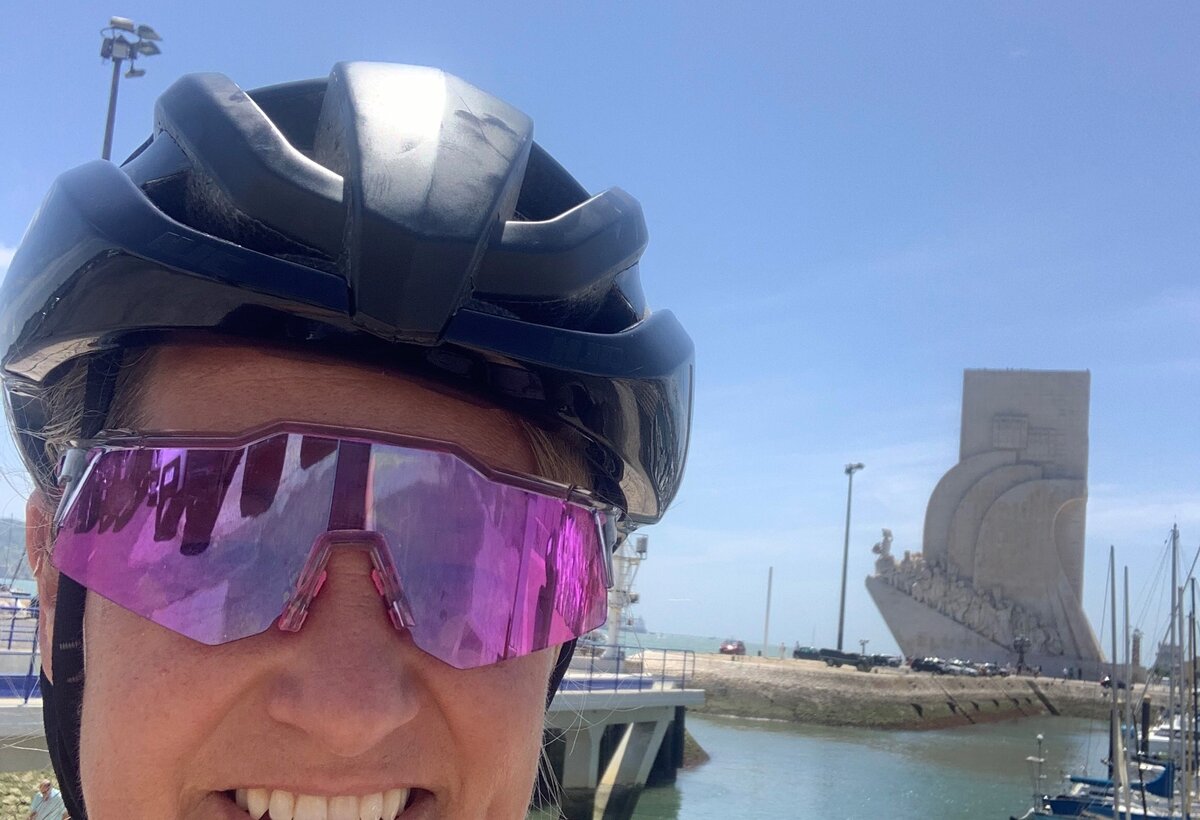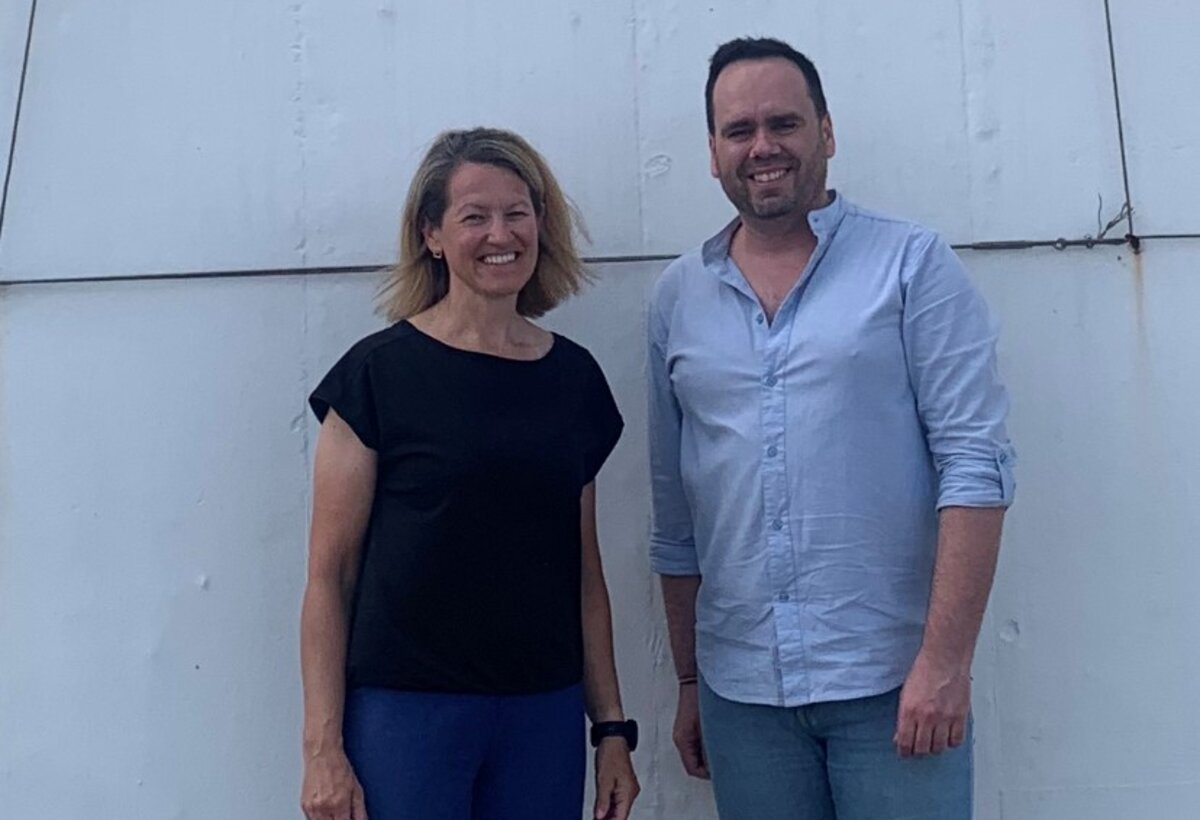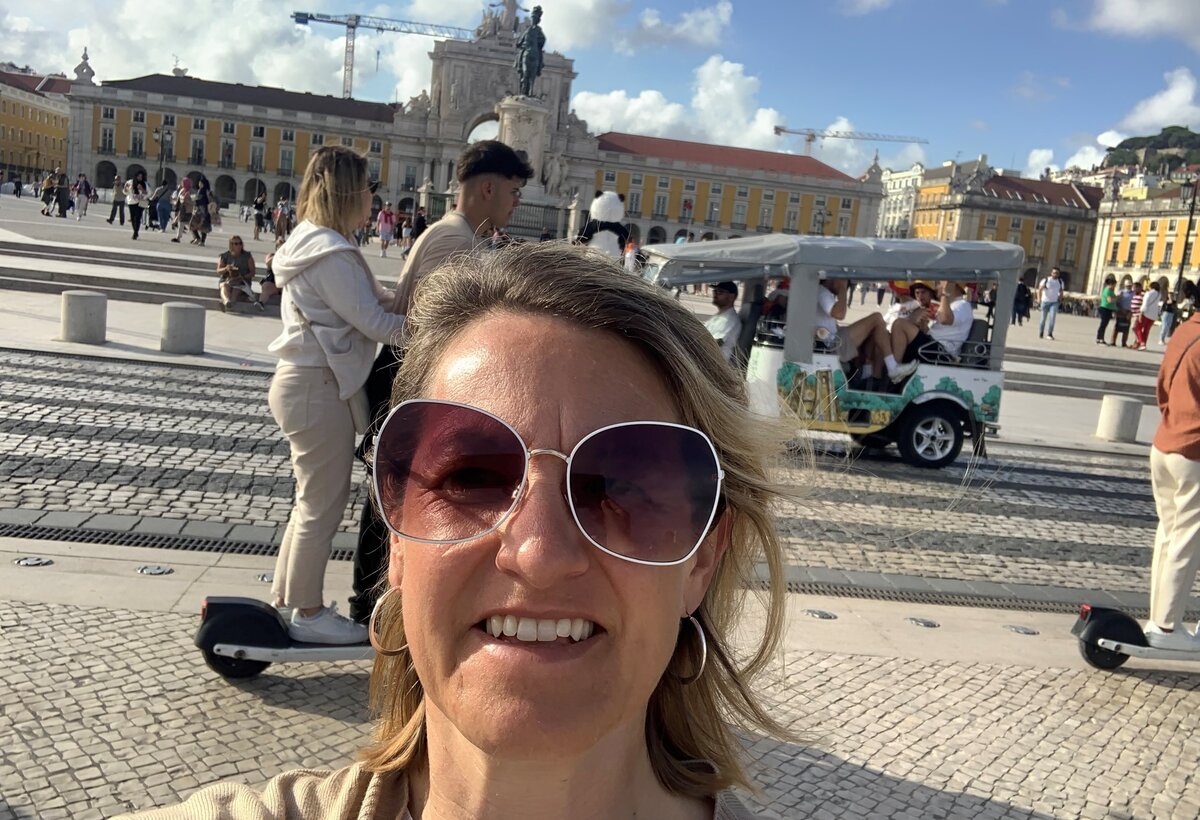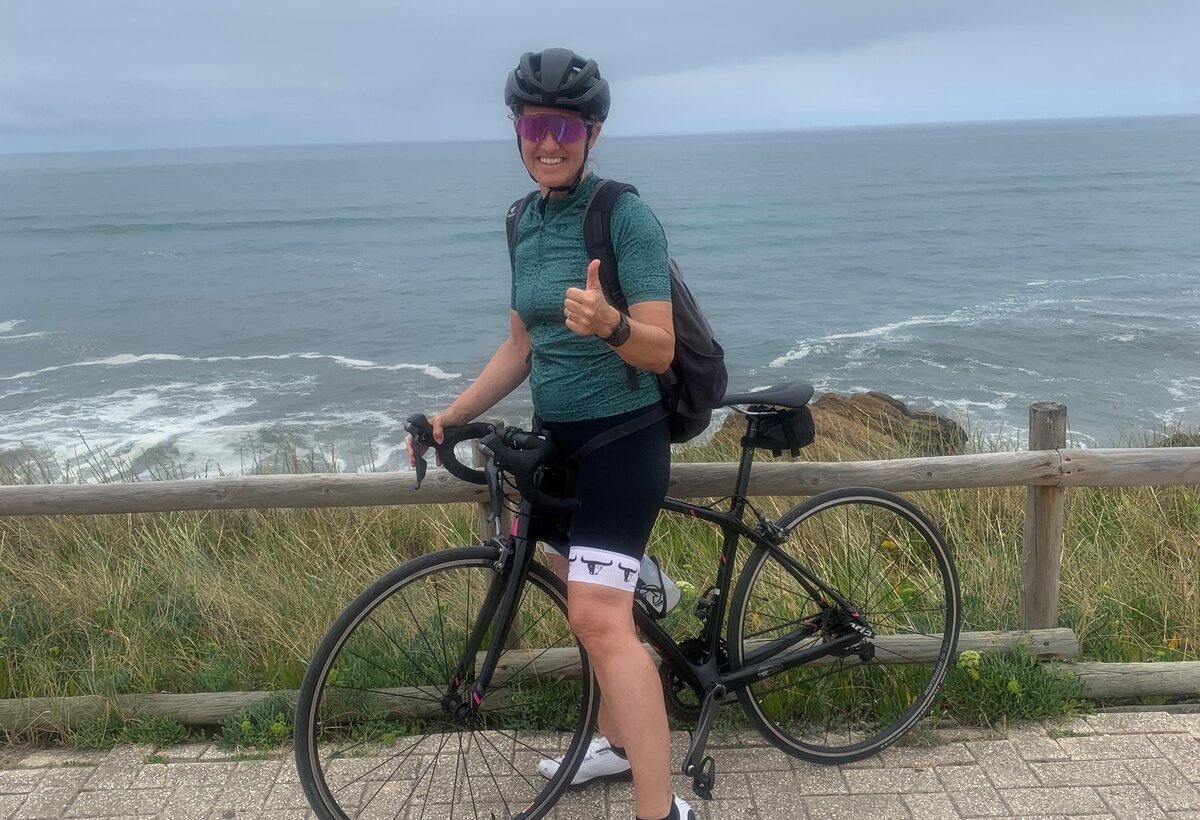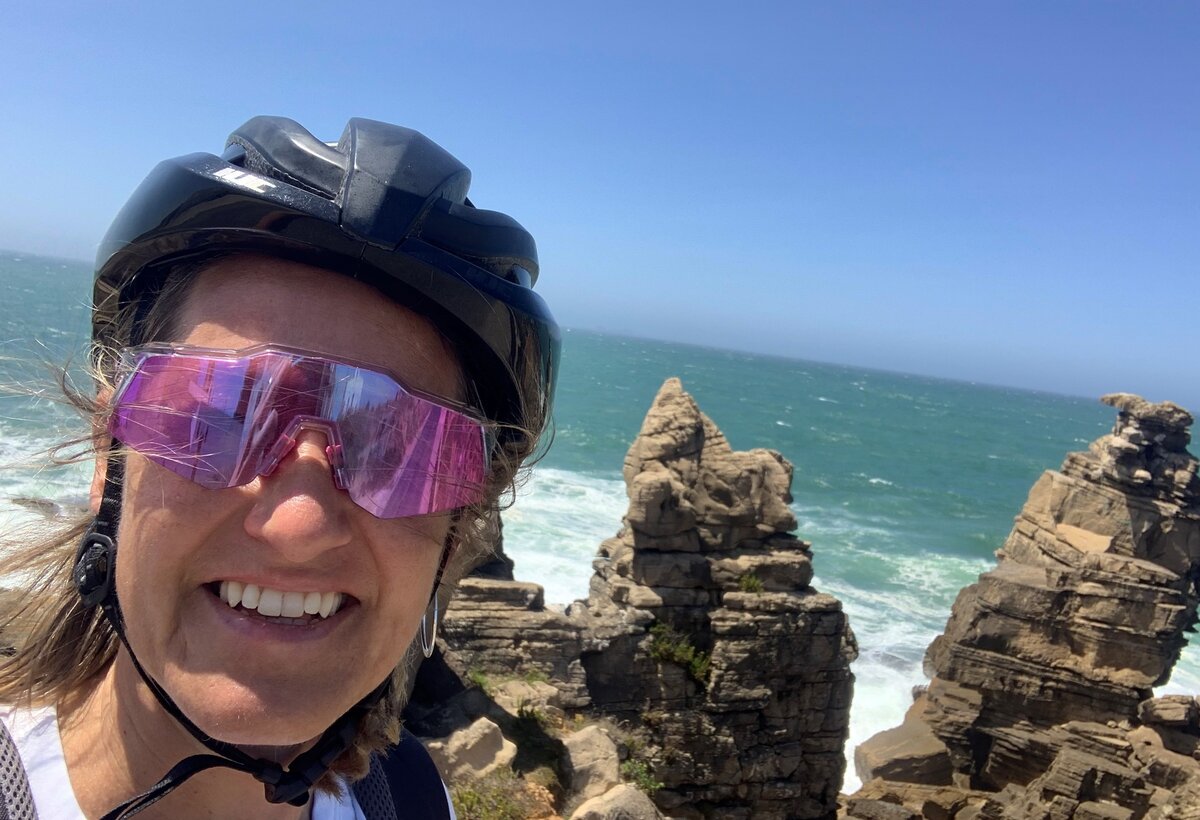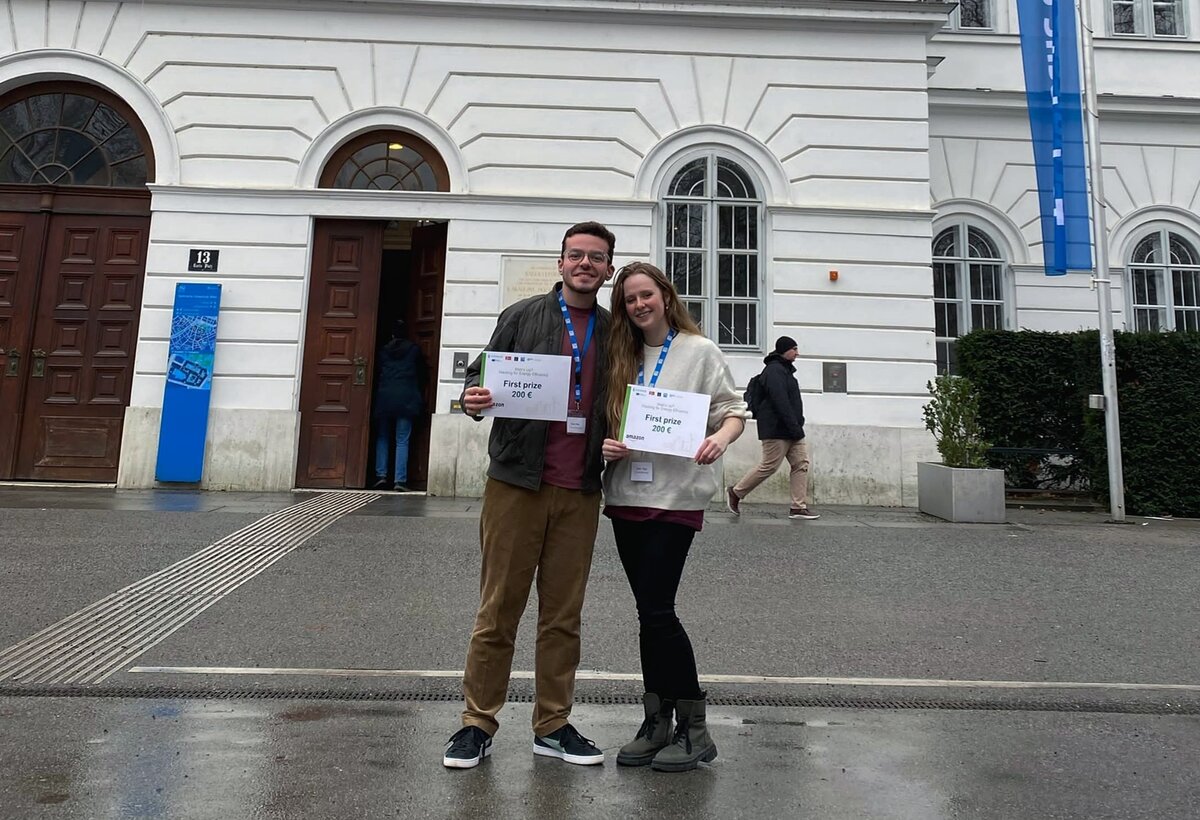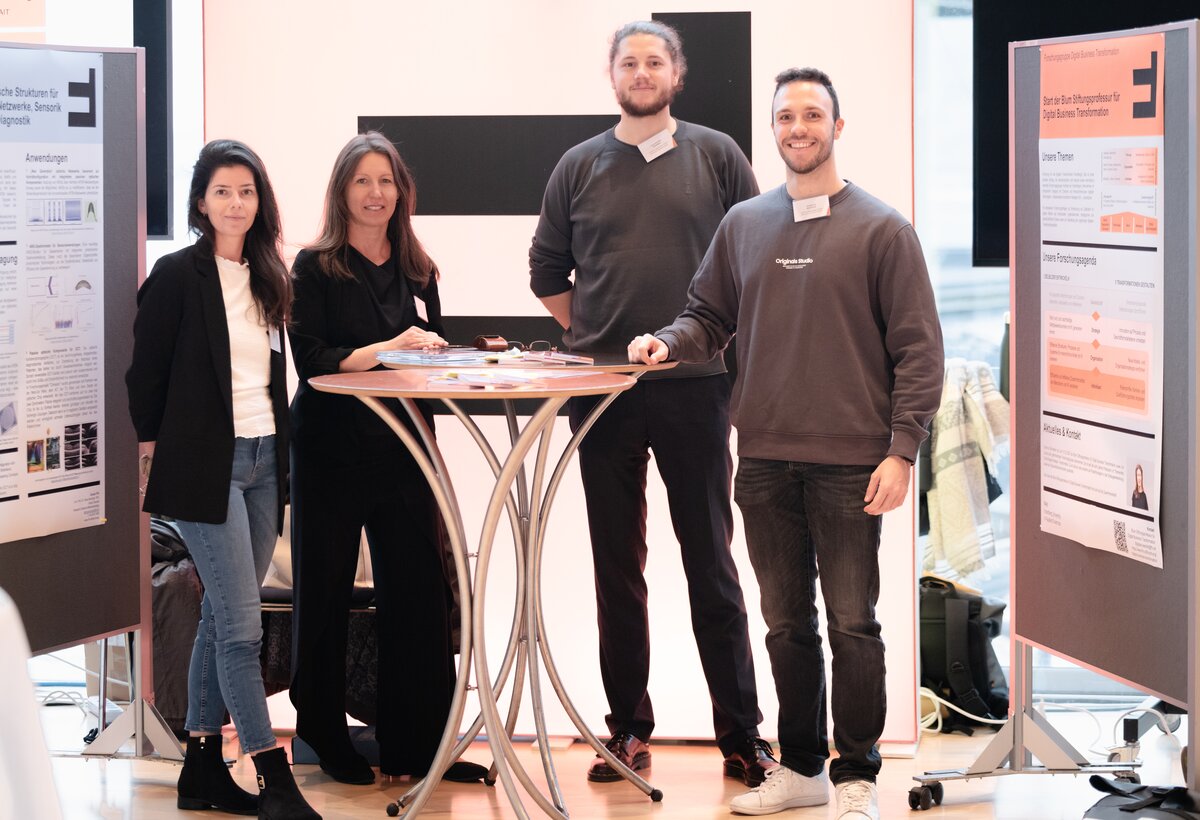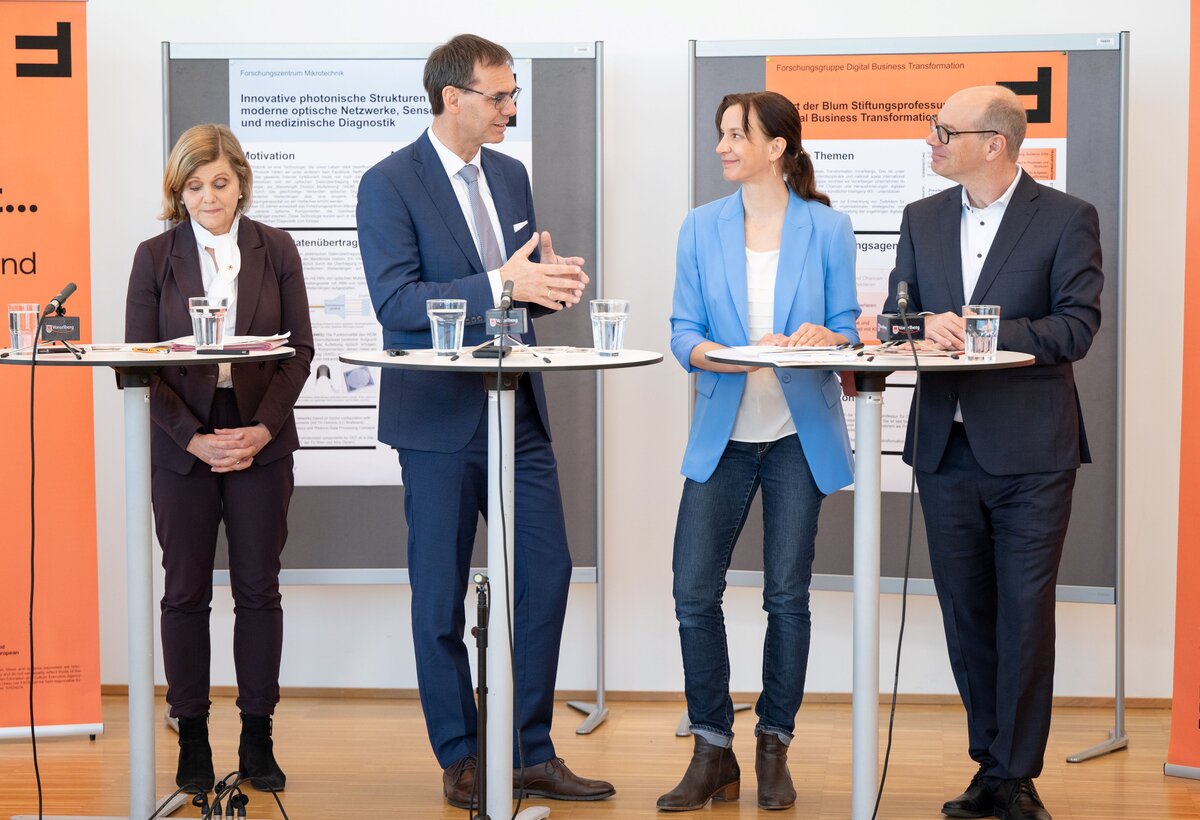Bem-vindo en Portugal!
22.08.2023Portugal is not only known for idyllic beaches, breathtaking cliffs, port wine and fado, but also for a dense network of politecnicos and universities, dedicated teaching and highly motivated scientists. During her RUN-EU Research Mission in Portugal, Angelika Kaufmann-Pauger conducted research on the topic of "science communication to the general public" and established valuable contacts between the FHV – Vorarlberg University of Applied Sciences and the Politécnico de Leiria. The researcher and doctoral student of the FHV-research group Empirical Social Sciences spent four weeks in Portugal and got to know three of the five institutions of the Politécnico: the Escola Superior de Tecnologia e Gestão (ESTG), the Escola Superior de Educação e Ciências Sociais (ESECS) and the Escola Superior de Turismo e Tecnologia do Mar (ESTM). She conducted qualitative interviews and focus groups with scientists to find out how they share their research results with the society and communicate with the public. In conclusion, the evaluation of the results showed that the lack of time and know-how in the field of communication as well as non-existing networks are often limits in this knowledge transfer.
Strategic and integrated research communication
Although dissemination in high-quality scientific publications is of utmost importance, research results are mostly made available to the public to a small extent. "The results confirm my hypothesis that this issue is often neglected in academia and the scientific community. Nevertheless, there is a need of strategic and integrated research communication by universities to ensure the transfer from science to society. A major problem is often the common language level. Therefore, a translation effort is necessary," Angelika explains the opportunities of cross-media communication: "Conducting research communication continuously with the public helps to expand the universities' network and to generate new research contracts. In particular, the presence of scientists on social media makes it easy to get in touch with relevant stakeholders and interested persons very quickly. However, many scientists are not active on the business portal LinkedIn, for instance." To strengthen science communication, she suggests three options: make, buy or borrow. Make means to educate researchers' expertise in communication through training courses. Buy means the use of an external agency for this type of communication. Borrow describes the cooperation with the university's communications department. Using this option, the knowledge on both sides supports the transfer from science to society. Furthermore, it provides the necessary translation into a language that is understood by all.
Further cooperation planned
Besides, the excellent cooperation with the Politécnico of Leiria has led to further collaborations. On the one hand, the Department of Communication & Media in Leiria is planning an Erasmus Blended Intensive Program on media literacy with the Department of Design at the Vorarlberg University of Applied Sciences in autumn 2023. On the other hand, initiatives have already been taken to organize an exchange in teaching. Hence, the way has been paved for joint research projects. "A big thank you goes to my host Luís Mota as well as the team from the Department Communication & Media with Catarina Menezes, Leonel Brites, Ines Conde and Marta Oliveira, but also to Paulo Almeida from the research institute CiTUR in Peniche. They have been very supportive with regards to my research over the four weeks. Moreover, they have introduced me to the exciting history and enriching culture of Portugal", emphasizes Angelika. "Besides practicing English, intercultural openness and self-organization are also required skills during such a journey. For me, this RUN-EU Research Mission was a valuable experience, and I can only recommend everyone to take advantage of such unique opportunities and immerse themselves in other worlds," Angelika sums up and concludes by sending a huge thank you to Portugal: „Muito obrigada à equipa Politécnico de Leiria!“





